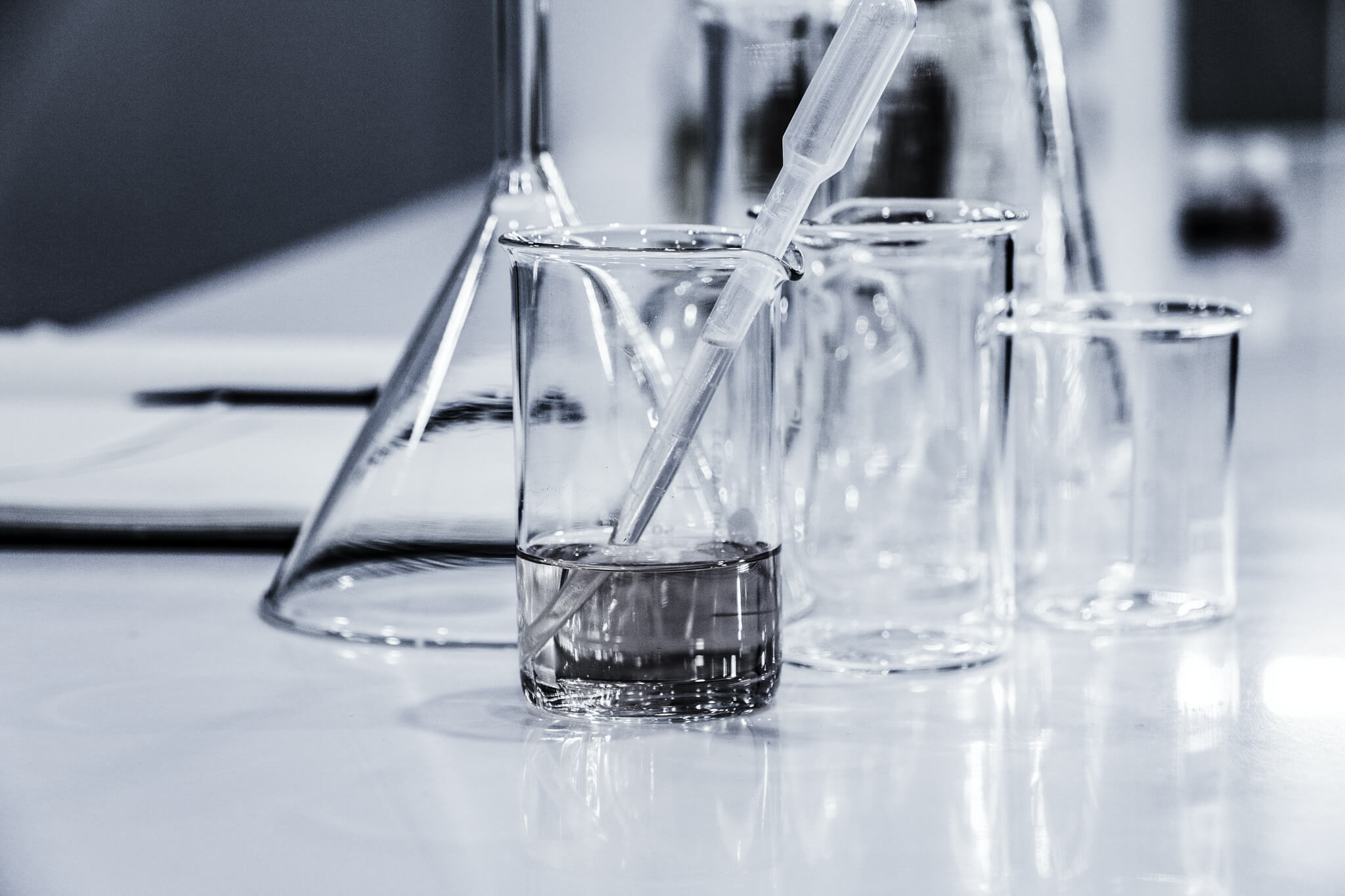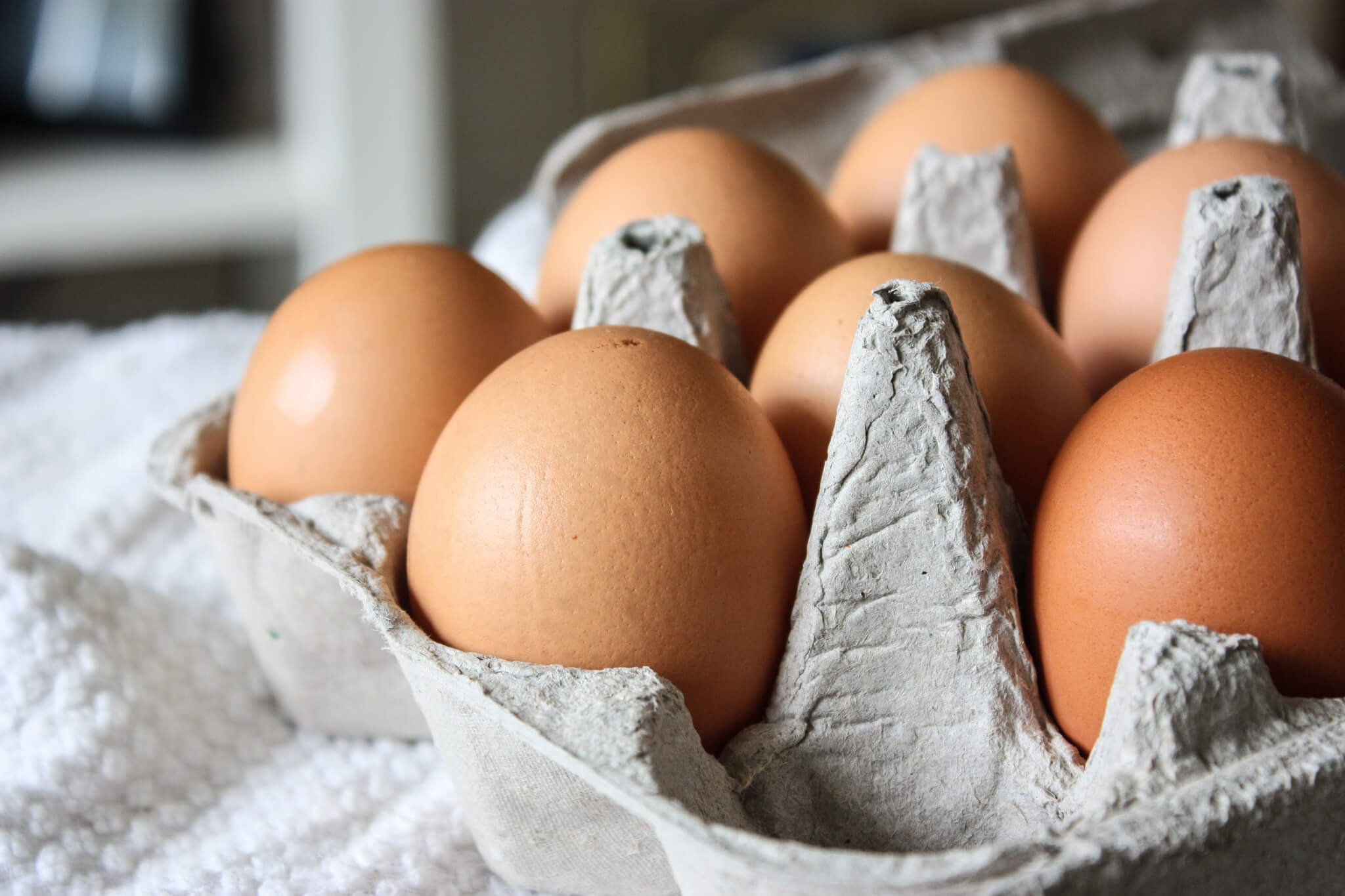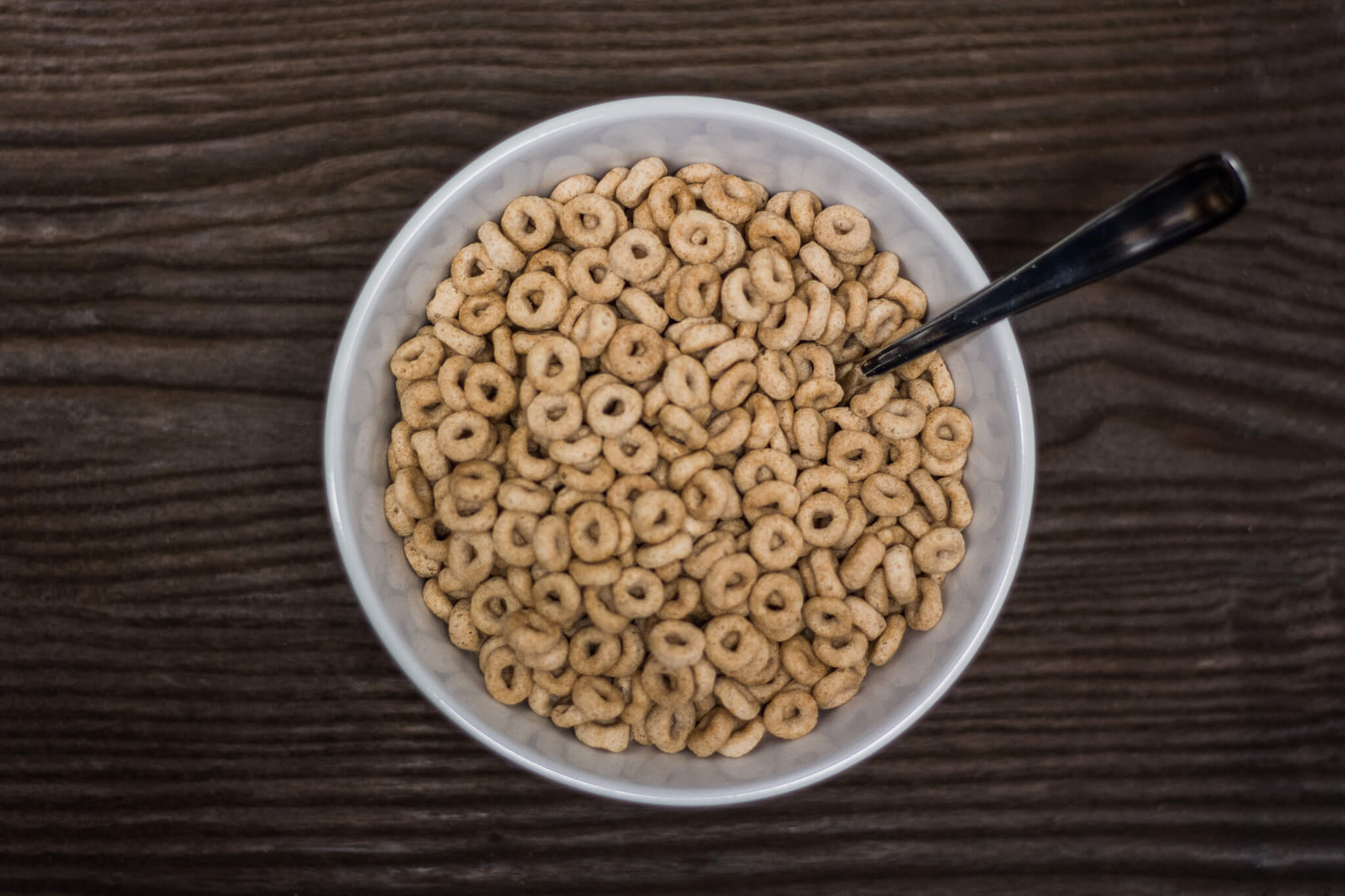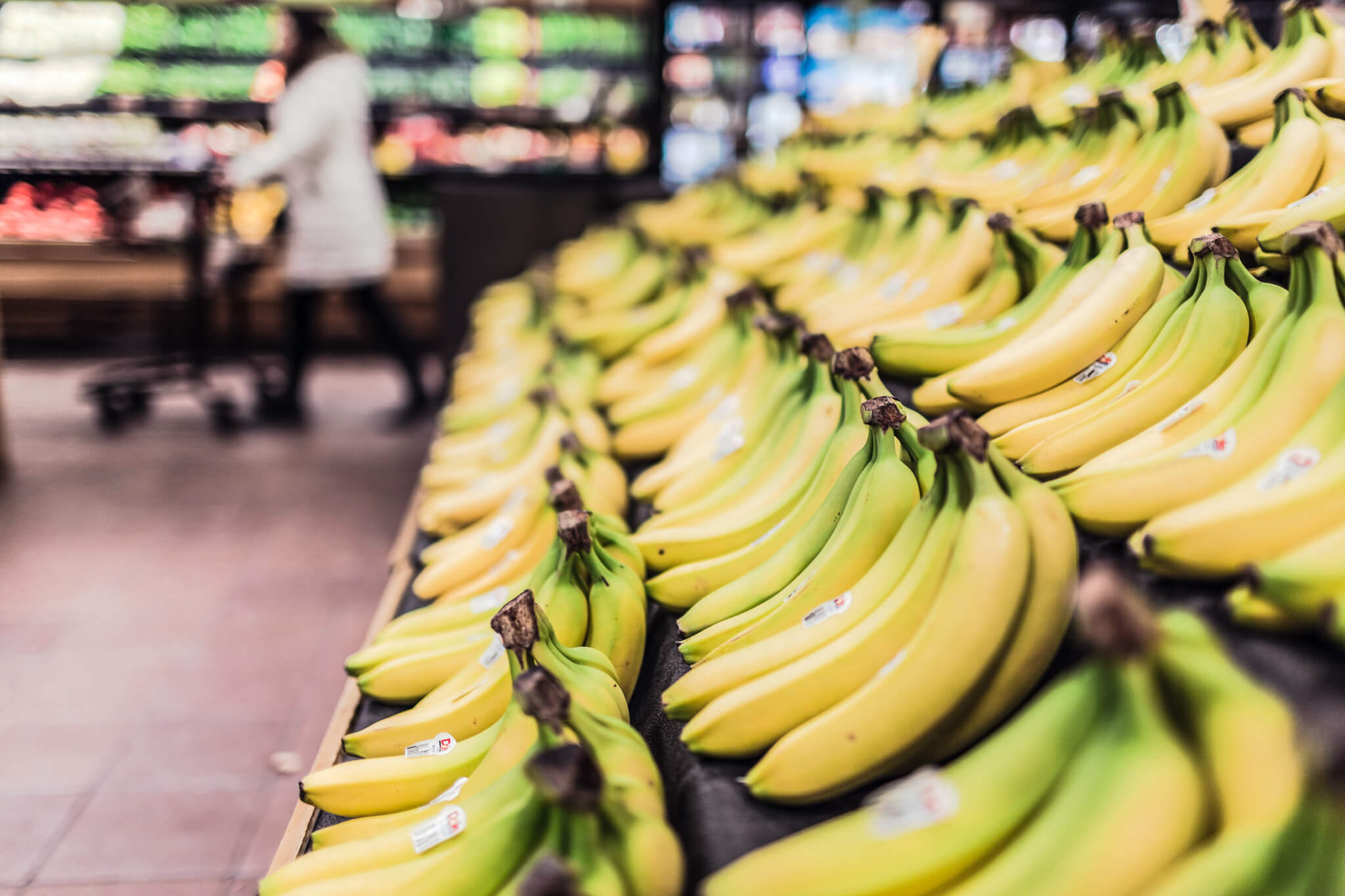My friend sent me a picture of the back of a mac and cheese box the other night. It said “We use no chemical fertilizers, herbicides, or pesticides.” My response to this statement, which I will say louder for those in the back, I will shout from the rooftops, and I will sing in the rain:
EVERYTHING IS MADE OF CHEMICALS
If the ingredients weren’t treated with chemical fertilizers and such, then it means they just weren’t treated. We know that’s not true though. What I’m assuming they meant was “We use no synthetic fertilizers, herbicides, or pesticides.” But they know that, in general, people fear “chemicals”. Which makes their product without chemicals* more appealing.
Quick side note: pesticides are products meant to kill pests, like weeds, insects, fungi, etc. Herbicides are the pesticides that kill weeds. Saying you don’t use herbicides or pesticides is redundant and they are either ignorant of what pesticides are (which is even more frustrating since that ignorance is leading to misuse and furthering misunderstanding) or they are intentionally trying to fear monger. Both options are, quite frankly, stupid. I am making a guess that they consider pesticides to be insecticides, since it’s easy to relate an insect to a pest.
Okay, back to why we need to rethink “chemicals”
I had to take a couple chemistry classes in college and, oh my gosh, I struggled. Hard. Math isn’t my strong suit when it’s just numbers. When you add letters and stuff to those numbers? Count me out (pun not intended, but a very pleasant surprise). No matter how difficult chemistry was, I can clearly remember that there was a table of elements and that everything in existence, all matter, is made of the stuff on that table.
The periodic table is made up of 118 elements, specifically chemical elements. The first 94 of them are naturally occurring and the rest are synthetic. These 118 things make up everything in our lives that has mass, or matter. Some things are made of only one element, while others are a combination of multiple elements. Air is made of a few elements (nitrogen, oxygen, noble gases, hydrogen, and water vapor) which makes it, you guessed it, a chemical substance. I could go on and list all the things made out of chemicals, but then I would be listing just that: all the things. And that would be as ridiculous as using the word “chemical” to make people afraid of another company’s food.
That mac and cheese box mentioned using no chemical fertilizers. There is a certain kind of irony in that statement. Fertilizers are applied to a crop to add certain nutrients that a plant needs to grow. The most common nutrients found in fertilizers are nitrogen, phosphorous, and potassium (if you ever buy a plant food that says something like “3-2-2”, it’s referring to the ratio of those three nutrients by volume in the product). You might recognize N, P, and K from the periodic table. Again, the periodic table of chemical elements. Therefore, all fertilizers, natural or synthetic, are adding chemicals to the soil.
The fear of chemicals is so real that there’s a word for it
I hadn’t heard the term until very recently, but chemophobia is an aversion to, or prejudice against, chemicals or chemistry. Essentially, it’s the fear of chemicals. But chemophobes don’t have a fear of chemicals. They have a fear of the meaning that society or certain people have assigned to the word chemical. The word is used whenever someone wants to make a point about the danger of a certain substance, type of ingredient, or other harmful material. Usually, the word is used when that person is talking about manmade things that they don’t like and they want people to boycott.
Sure, we/I know what they mean by it. So why is it so frustrating to me that people use “chemical” in this way, and why is it a personal crusade of mine to eliminate this type of use?
Because it perpetuates fear and misinformation
We (meaning society as a combined whole) seem to have this thought that natural is better and safer, especially when it comes to “chemicals” and anything that we touch or eat. As I referenced in my first blog, lead is a naturally occurring substance. It’s on the periodic table. Lead is a chemical. Lead is not good for your body. Therefore, natural isn’t always safe. Neither is synthetic. You see, it’s not who made it that says whether or not it’s going to cause us harm. Natural doesn’t always mean that it’s better, or more effective, nor does synthetic.
Sometimes natural and synthetic are exactly the same
During my research, I was on a science education website that is an initiative of the New Zealand government to help students learn. The website brings up such a good example of this concept: Vitamin C. It is naturally occurring in many fruits and vegetables. Vitamin C can also be created in a lab. Both versions have identical chemical makeups. Someone might argue that the natural version is better. Fear not, science has proven that’s not the case.
Many studies about the bioavailability (the amount of a substance that is absorbed when introduced into the body and is able to have an active effect) of vitamin C have been done. The conclusion is that whether it is synthetic or natural, your body absorbs the same amount and receives the same benefit. Yes, eating an orange gives you other micronutrients and benefits besides just vitamin C, but that doesn’t change the facts about the vitamin C itself.
The bigger picture
In a world filled with so much information coming at us from all different directions, it can be incredibly difficult to know what is true. The best way to wade through the mess of info is to use logic and science. If we are using words incorrectly, science can’t win. And science has to win. Facts have to win.
Honestly, the mac and cheese made by that company is delicious. I will give them that. However, I can’t continue to eat it, knowing that they are feeding (again with the puns…) into chemophobia and misinformation. I’m not asking you to make any boycotts, but I am asking you to think critically about the way you use the word chemical in your life and how you feel about it when you see it in the media. Ask yourself what is meant by the word and if it is meant to scare you. Usually when it’s used in that way, there’s an agenda behind it. Be mindful of that agenda and do some research or ask someone (me, if you’d like!) about it. Let’s make facts cool and choose fact over fear.
Leave a Reply
Food companies often use fear and misconceptions to market their product. Enter your email below and you'll have 5 ways to beat them at their sneaky game.
5 Food Label Secrets to Save Big $$$ at the Grocery Store
oh, yes please
FREE DOWNLOAD
The Olive Branch
Offering first-hand perspective on farming and our food supply
Home
About
consulting
resources
Contact
the blog
Follow along on Instagram
@theolivebranch_j
The olive branch 2024 | design by tonic
ag Tours






Love this! As a chemical engineer I agree wholeheartedly. It also reminds me of the plentiful dihydrogen monoxide warnings for what is simply water. Anything can be taken out of context or referenced in the right (wrong) way to slant someone’s argument.
Another good one! Thank you:)
Preach. I fully support boycotts. 😉